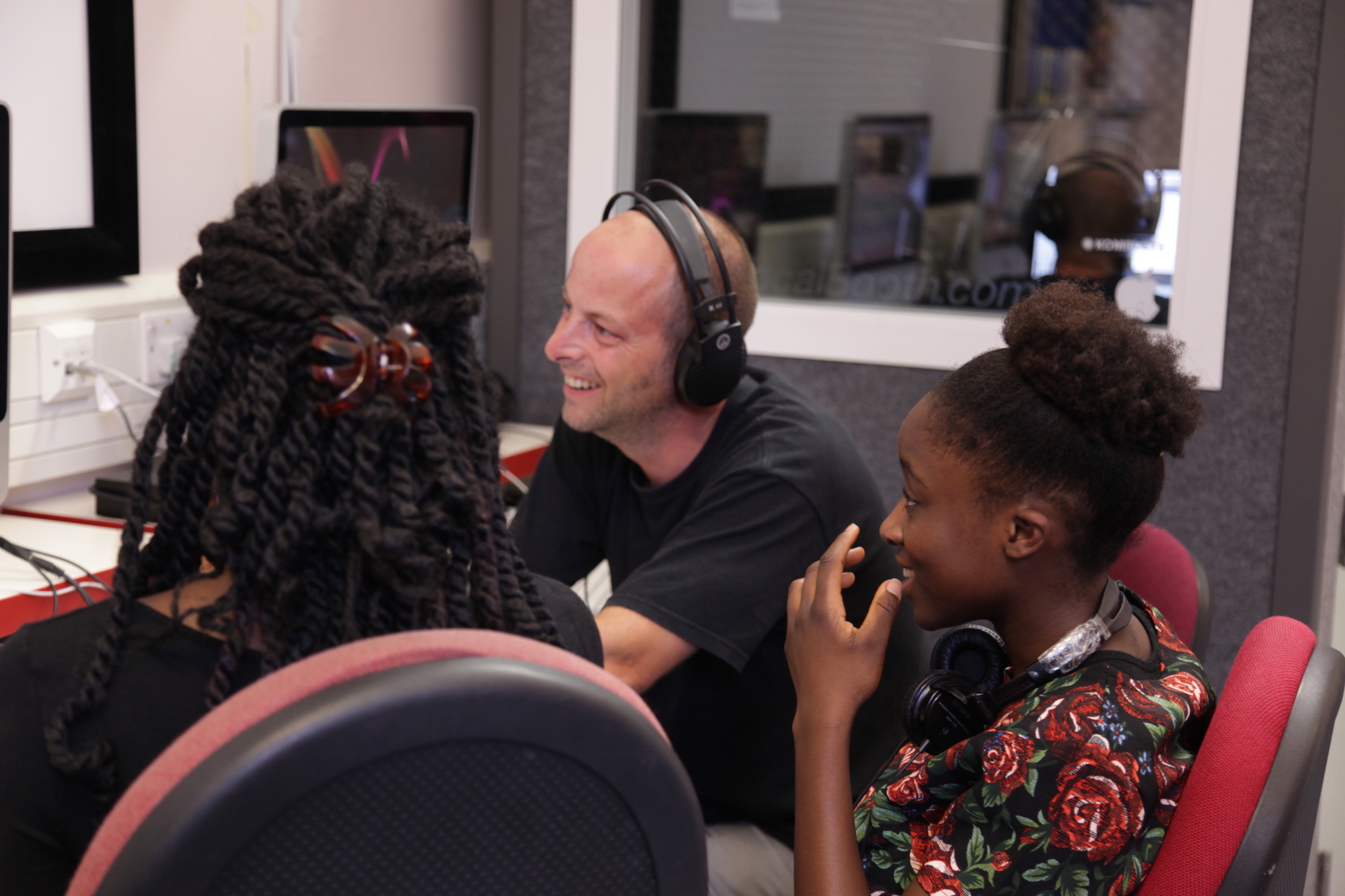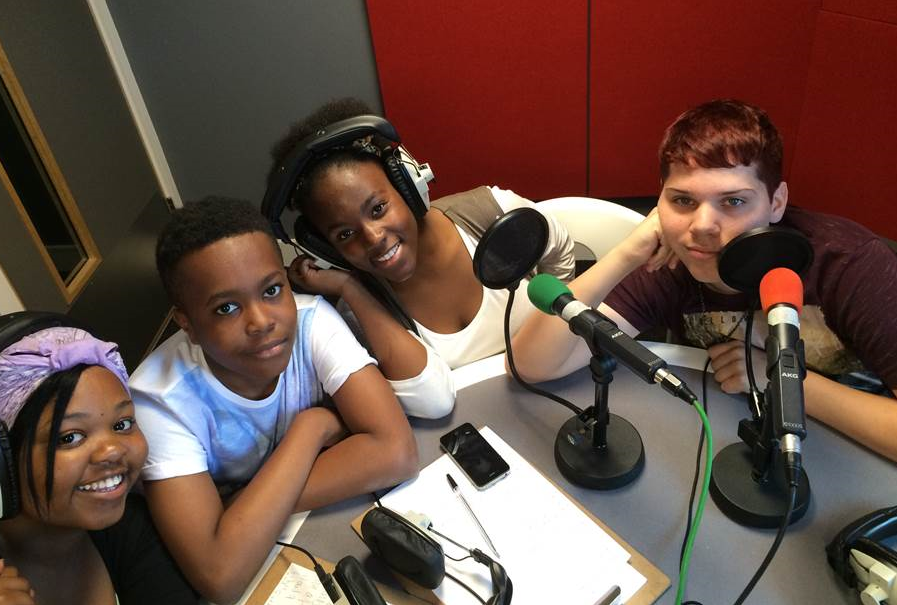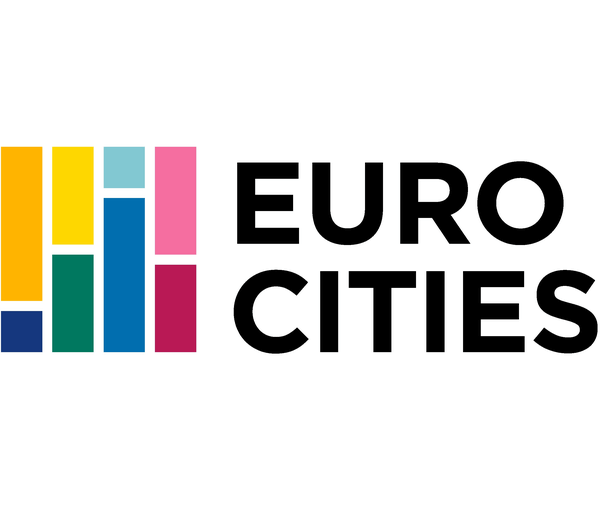January 2014 – The first public meeting was held at Leeds Town Hall and started a discussion with 300 stakeholders about whether or not the city should bid for the European Capital of Culture crown.
March 2015 – Leeds City Council’s Executive Board of Elected Members unanimously supported the recommendation to bid for European Capital of Culture
September 2015 – An open recruitment process received more than 180 expressions of interest to join and independent steering group, which was formed to guide and shape the bid and how it is developed.
June 2017 – The result of the UK vote to leave the European Union deemed Leeds ineligible to participate in the European Capital of Culture bid.
January 2018 – 700 gathered at Leeds Town Hall for a public meeting to hear the Council’s resolution to continue with Leeds 2023
June 2018 – Leeds City Council’s Executive Board agreed to the set-up of Leeds Culture Trust. This independent body is responsible for curating and overseeing the programme’s cultural activities and events
The City of Leeds remains committed that the Leads 2023 programme should hold on to the city’s outward facing tradition and explore post- Brexit models for collaboration with other countries.
The City had succeeded in getting an unprecedented array of private and public sector partners to support its bid, including 200 cultural groups, 22 local authorities, 15 corporations and seven universities and colleges. Almost all these organisations, plus new partners, have signed up for Leeds 2023 as financial backers, event supporters and project initiators, volunteers and advocates.
Many of the ideas generated for the European Capital of Culture bid are included in the plans for Leeds 2023. Others will emerge from multi-disciplinary partnerships, the passions of the city’s creatives and the needs of its communities. Additionally, huge outdoor shows featuring hundreds of citizen performers and a core professional cast under the banner of the Leeds People’s Theatre. Productions will be nurtured into life by a theatre company which is launching an academy in a specially adapted bus to train local people in the skills needed to make a big event happen. Another high-profile project will build a full-size lighthouse in one of Leeds most important development sites as a symbol of the city’s arts scene. This idea, originally put forward by the people of Leeds, will incorporate a programme of light, sound and design commissions.



